“When I was 16, in my junior year of high school, I lost my first love — he was shot,” says Makeena Rivers, a Baha’i and therapist living in New York City.
In this short clip from “The Race Unity Project,” Makeena shares how losing her first love, Walter, was one of the most traumatic, painful moments of her life. Produced by Journalism for Change, Inc, a nonprofit media organization founded by filmmaker and human rights activist Maziar Bahari, the project tells “the century-long story of the American Baha’i community and its efforts — as well as its tests and challenges — in promoting race unity.”
Abdu’l-Baha, the son of the founder and prophet of the Baha’i Faith, wrote, “The Kingdom of God is founded upon equity and justice, and also upon mercy, compassion, and kindness to every living soul.” And after working with a therapist, Makeena was able to heal and get to a place where she could feel compassion for the three boys who killed her boyfriend.
“[I] felt sad that three young Black boys in my neighborhood would do this and [wondered] what must be going on internally for them to get to this point of what I view as desperation,” Makeena says.
“I want to make it so that other people don’t have to go through what I went through—[so] no more Walters of the world, these souls who have so much promise, are lost,” she adds.
Watch as Makeena explains why she doesn’t believe incarceration fosters positive change, and why labeling young people as irredeemable doesn’t help them turn their lives around.
Radiance Talley serves as the director of operations at BahaiTeachings.org, where she integrates her expertise in SEO, journalism, design, and publishing into every aspect of her work. She has edited and written hundreds of articles for BahaiTeachings.org and has also written and optimized articles for...
READ MORE

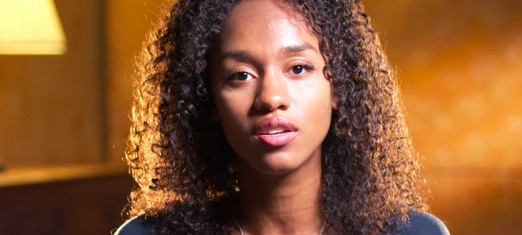

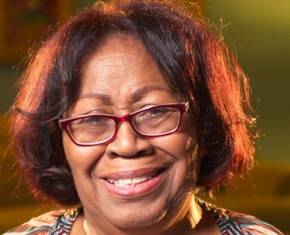
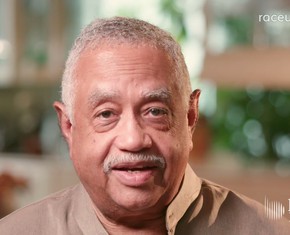
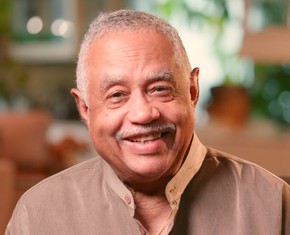
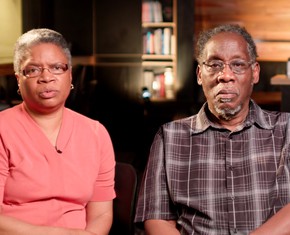









Comments
Sign in or create an account
Continue with Googleor